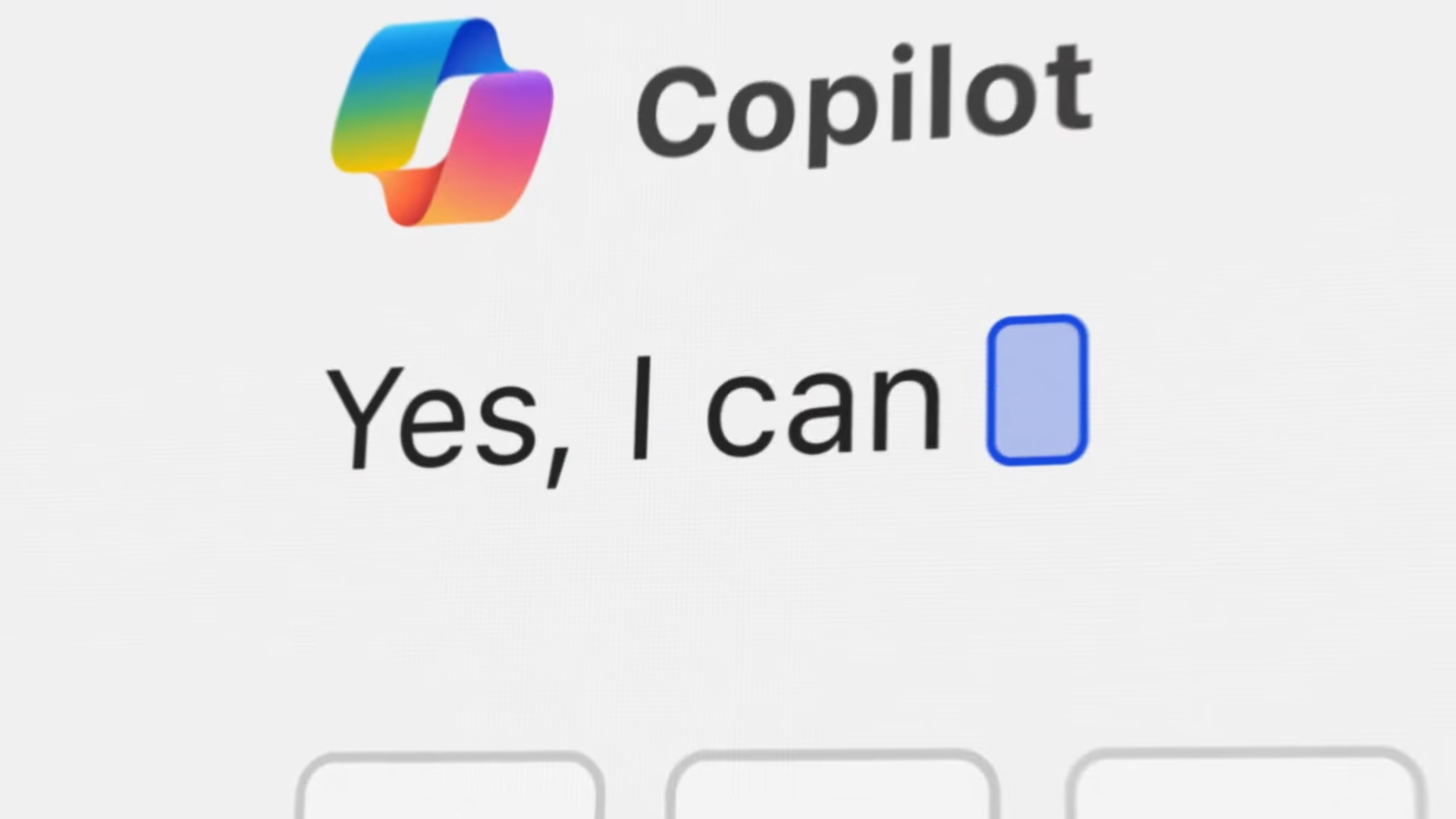German journalist Martin Bernklau typed his name and location into Microsoft’s Copilot to see how his culture blog articles would be picked up by the chatbot, according to German public broadcaster SWR.
The answers shocked Bernklau. Copilot falsely claimed Bernklau had been charged with and convicted of child abuse and exploiting dependents. It also claimed that he had been involved in a dramatic escape from a psychiatric hospital and had exploited grieving women as an unethical mortician.
…
Bernklau believes the false claims may stem from his decades of court reporting in Tübingen on abuse, violence, and fraud cases. The AI seems to have combined this online information and mistakenly cast the journalist as a perpetrator.
Microsoft attempted to remove the false entries but only succeeded temporarily. They reappeared after a few days, SWR reports. The company’s terms of service disclaim liability for generated responses.
…



deleted by creator
Existing law already covers that. Libel/slander only applies in cases that it appears you’re making a statement of fact. I can for instance say Trump gargles Putin’s balls once a month and as long as it’s clear from the context that this isn’t intended to be a statement of fact then it doesn’t qualify as defamation. Companies should be liable for what their AI outputs in the exact same way they’re liable for what their employees produce. If they want to not be held liable then they need to make sure their customers are properly informed that what they’re viewing might be complete bullshit. This means prominent notifications not a single line buried in paragraph 84 of their EULA.